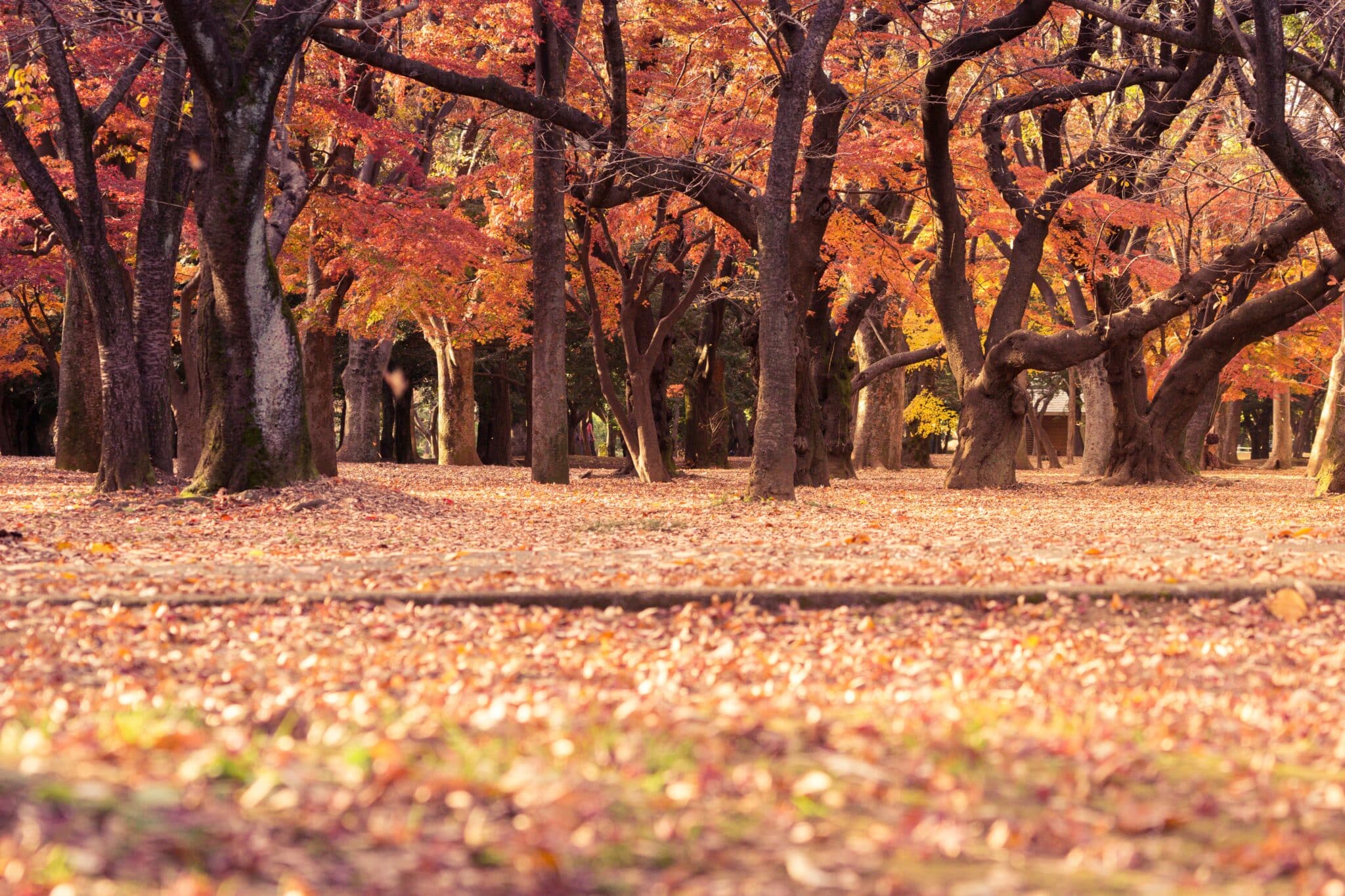For some people, fall means football games and pumpkin spiced everything. For others, it means sneezing and watery eyes every time they visit James Island County Park.
If you find yourself in the latter camp, that may mean you have seasonal fall allergies. Let’s go over a few of the more common fall allergy symptoms, as well as how to manage them.
I Thought Seasonal Allergies Happened in the Spring?

While seasonal allergies, or hay fever, is often referenced when it comes to springtime allergies, people can experience seasonal allergies in the fall as well.
According to the Asthma and Allergy Foundation of America, “seasonal allergic rhinitis is an allergic reaction to pollen from trees, grasses, and weeds. This type of rhinitis occurs mainly in the spring and fall when pollen from trees, grasses, and weeds are in the air.”
Common Fall Allergy Symptoms
One way to help narrow down if you have fall allergies is to be aware of the most common symptoms, which include:
- Sneezing
- Watery, itchy, irritated eyes
- Itchy throat
- Rashes or hives
- Runny nose
- Nasal congestion
- Headaches
- Worsening asthma symptoms
- In more severe cases, difficulty breathing can be a sign of anaphylaxis, a life-threatening reaction that constricts the airways
Treating Your Fall Allergies
The only way to know for sure to know if you have allergies and what your triggers are is to undergo allergy testing. Using a skin prick and/or blood tests, your allergist will help identify what you are allergic to so that you can better manage your symptoms.
If you have fall allergies, possible treatment options include:
- Avoiding going outside on high pollen days or only go out at night when pollen levels are lower
- Keep the windows of your home and car closed
- Clean and vacuum your home regularly to remove pollen that may have been brought inside
- Change your clothes and shower when you come inside
- Regularly bathe your pets if they spend time outdoors
- Use over-the-counter medications like antihistamines, decongestants and nasal sprays
- Ask your allergist for prescription strength allergy medication
- See if immunotherapy might work for you
For more information or to schedule an appointment with one of our experts, call Charleston ENT & Allergy today.
